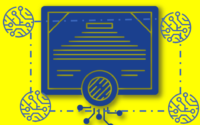
A Participatory Approach to Developing Online Course Quality Standards in Health Professions Education
Online programs are growing in number, and their success and sustainability are dependent on the quality of the courses they offer. Online program administrators need to ensure the quality of individual courses and the program as a whole. While several course quality rubrics and evaluation instruments are available, administrators need to select an instrument that […]














